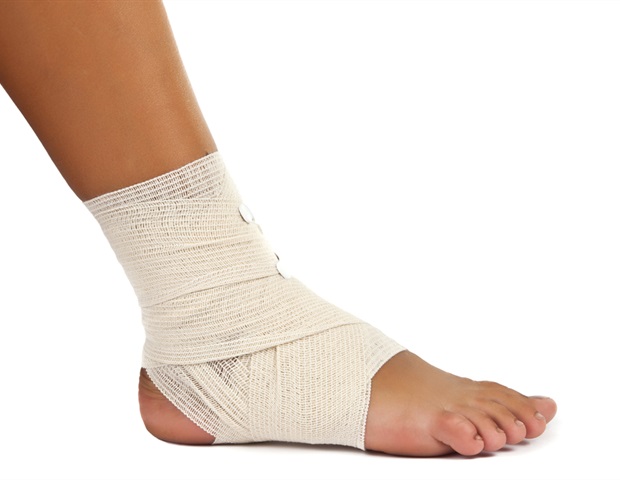Novel research, presented today at the European Academy of Dermatology and Venereology (EADV) Congress 2024, has identified key molecular targets that could significantly enhance the healing of both acute and chronic wounds. These findings represent a crucial advancement in wound care, paving the way for more effective treatment options and improved patient outcomes. Globally, acute and chronic wounds affect nearly one billion people.
In particular, chronic wounds pose a substantial economic burden on healthcare systems and severely impact the quality of life for those affected. Despite this, current treatment strategies are often limited, highlighting an urgent need for a deeper understanding of the mechanisms underlying impaired wound healing. To address this, researchers conducted a study using healthy full-thickness human skin punches, creating central, partial wounds.
These samples were then cultured under either physiological or pathological conditions, including hyperglycemia, oxidative stress and hypoxia, to mimic acute and chronic wounds, respectively. Using advanced comparative transcriptomic profiling with bulk RNA sequencing, the team monitored gene expression changes over a five-day period. The results revealed several critical differences in gene activity between acute and chronic wounds.
Key wound repair-associated genes such as KRT6A-C, PTX3, KRT1, KRT10, COL1A1, along with pathways including Wnt signaling and actin cytoskeleton organization, were differential.


















